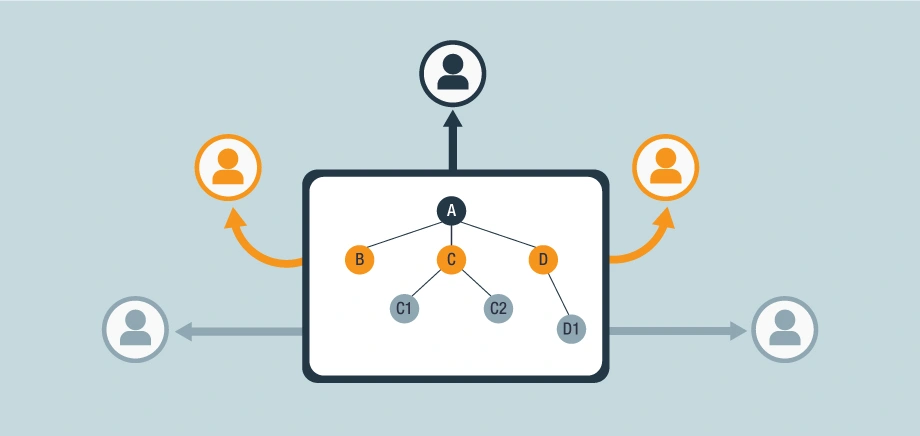Transforming Experiences Into Multipliers
Unlike those who work within the protective layers of a bureaucracy, entrepreneurs have a very immediate and intimate relationship with the marketplace. When you’re successful, someone writes you a cheque. When you’re not successful … no cheque.
This “feedback loop” is a constant stream of information, and it can teach you how to progress to higher and higher levels of success — if you pay attention to it and if you learn the lessons it’s trying to teach you.
In the Strategic Coach Program, we have an exercise I call The Experience Transformer. The essence of it is that when something happens in your business, whether it seems “good” or “bad” to you in the moment, you ask three questions:
- What worked?
- What didn’t work?
- If we could do this over from scratch, how could we do it better?
If you’re willing to take any area of your business operation and subject it to these questions — not looking backward to lay blame, but looking forward to find ways to progress — you introduce multipliers of investment and effort that then produce different results in the future.
This activity also creates a boost in morale and enthusiasm throughout the company. People develop the perspective of, “Hey, we’re moving quickly here. This is really different from before.” And that’s contagious. If you get one person doing this, then a second, a third, and a fourth, it creates a Multiplier Mindset inside your company.
This is an important key: You don’t just have an event that’s a multiplier; you actually have a culture that’s a multiplier. Everybody expects, and experiences, that you’ll constantly be doing things faster, easier, and cheaper, and getting multiplied results.
Look ahead to the next quarter and, with your team members, identify five or six areas where you can use this approach. Ask, “What’s working? What’s not working? If we could do this over from scratch, how could we do it better?”
As you go, acknowledge the progress people make — recognize it, point out the significance of it, and, above all, reward them for it. Then it’s just natural to move on to the next question: “Can you think of any place else we could do something like this?” It creates the first bubble that starts the whole pot boiling.
You can explain this principle to anyone on the planet, and they will immediately understand it. Plus, this is likely their preferred way of being at work. How wonderful to be in an environment where everybody’s searching for better and better ways to get things done and being recognized for their discoveries.

Whenever something big happens, whether it seems good or bad, ask yourself three questions:
1. What worked?
2. What didn’t work?
3. If I could do this over, how would I do it better?
This approach multiplies your wisdom, the value of the experience, and your ability to do things faster, easier, cheaper, and bigger in the future.
Doing this exercise with your team members demonstrates that you’re committed to learning, growth, and progress.
Blame and excuses are irrelevant.
You build an environment of courage, where everybody is constantly improving and is recognized for their discoveries.







